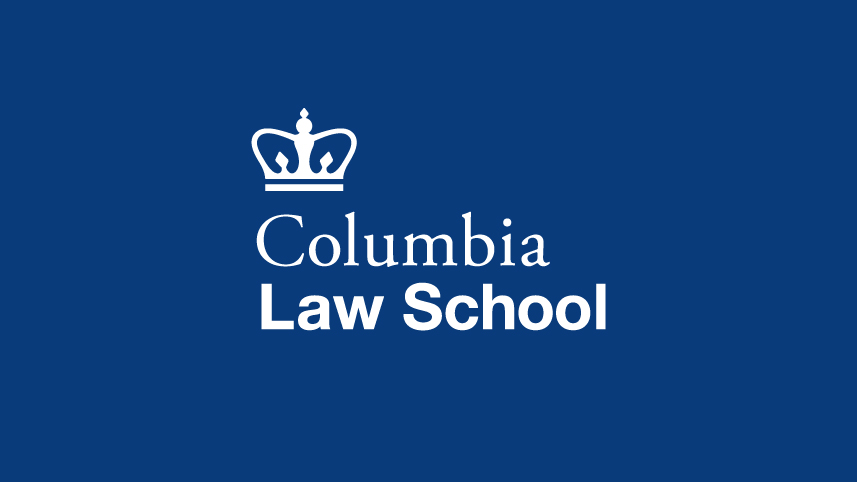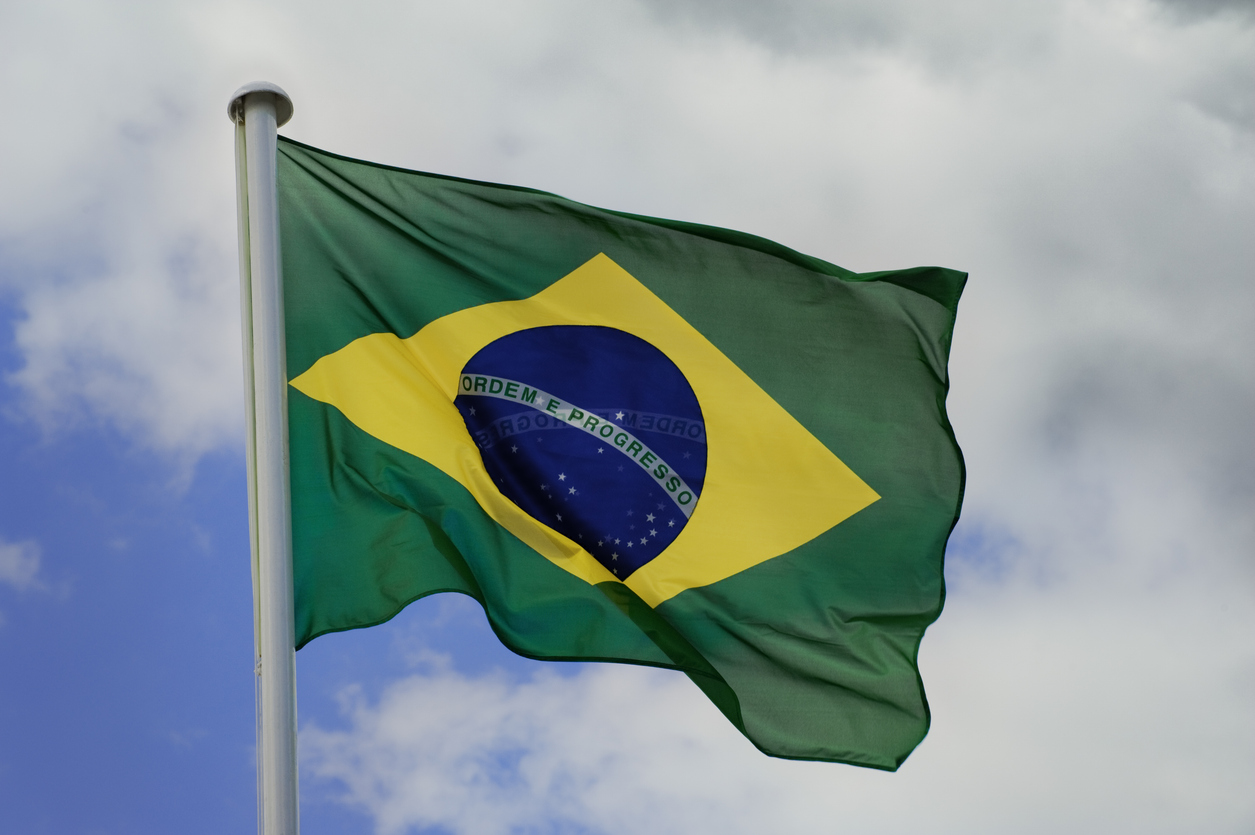Healthcare Whistleblowers Receive Whistleblower Awards for Uncovering Illegal Kickback Schemes

April 18, 2018. Washington, D.C. The DOJ recently settled two cases involving illegal kickback schemes filed under the False Claims Act. The Anti-kickback statue ensures that a doctor’s medical judgment is not compromised by improper financial incentives and instead is based on the best interests of the patient. It prohibits anyone from offering, paying, soliciting, or receiving remuneration to induce referrals of items or services covered by Medicare, Medicaid, and other federally funded programs. Claims submitted in violation of the Anti-Kickback Statute may subject the claimant to liability under the False Claims Act.
In the first case, a Pennsylvania Hospital and Cardiology group agreed to pay $20.75 million to settle allegations that it violated the False Claims Act by paying kickbacks and creating an improper investment scheme to pay doctors for referrals.
The settlement resolves allegations brought in a whistleblower action filed under the False Claims Act’s qui tam provisions alleging that, from 1999 to 2010, UPMC Hamot (Hamot) paid Medicor Associates Inc. (Medicor), a regional physician cardiology practice, up to $2 million per year under twelve physician and administrative services arrangements which were created to secure Medicor patient referrals. Hamot allegedly had no legitimate need for the services contracted for, and in some instances the services either were duplicative or were not performed. A whistleblower award of over $6 million was awarded to a former Medicor physician who filed a qui tam lawsuit exposing the Medicare fraud.
In the second case, Texas-based SightLine Health LLC (SightLine), which operates radiation therapy centers throughout the United States, agreed to pay $11.5 million to settle a False Claims Act lawsuit alleging that it knowingly submitted claims to the Medicare program that violated the Anti‑Kickback Statute. A qui tam action brought by a whistleblower alleged the company set up leasing companies that it would allow the physicians to invest in. The profits from these leasing companies were then distributed back the physicians (investors) after they referred patients that needed radiation therapy for the treatment of their cancer to the locations. The whistleblower will be awarded up to $1.725 million for bringing this healthcare fraud of medicaid kickbacks to the government’s attention.
Providers and marketers that engage in kickback schemes cost taxpayers billions of dollars each year and drive up the cost of healthcare. The Department of Justice takes allegations of kickback schemes very seriously and aggressively enforces violations of the Anti-Kickback Statute. Notably, under the qui tam provisions of the False Claims Act, whistleblowers who file qui tam lawsuits to report kickback schemes and other healthcare fraud are entitled to a share of the government’s recovery.
What is an illegal healthcare kickback? An illegal kickback is any offer, payment, solicitation, or receipt of an incentive to induce the referral of services or medications. Kickbacks can take several forms, examples of anti-kickback statue violations can include the following:
- Free lunches to physician office staff;
- Golf outings;
- Sporting event and concert tickets;
- Paying physicians to attend or present at conferences;
- Participation in sham drug trials;
- Free samples (especially when doctors sell though samples);
- Phony research grants;
- Phony investment arrangements.
Related links:
Latest News & Insights
October 22, 2025





